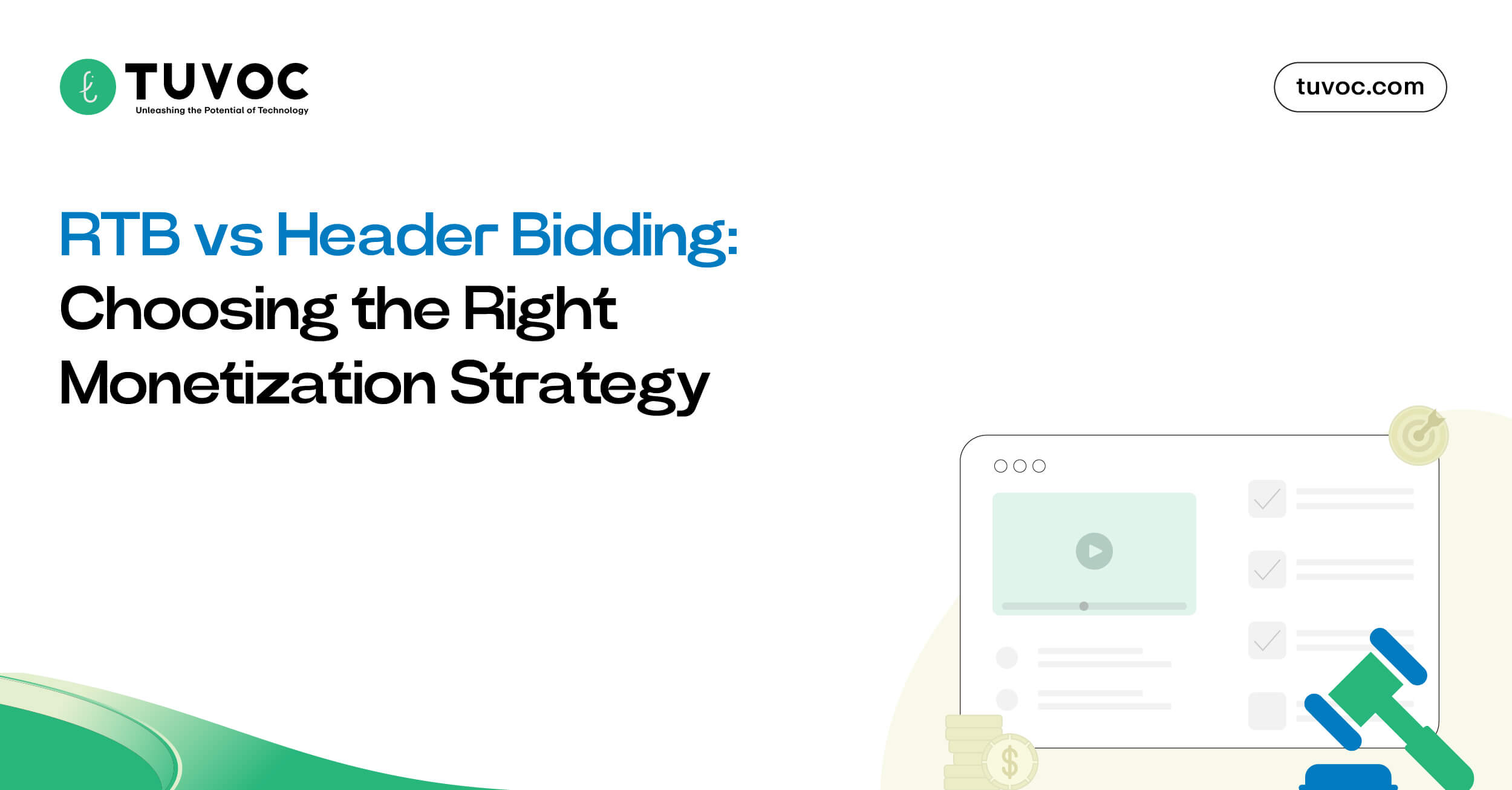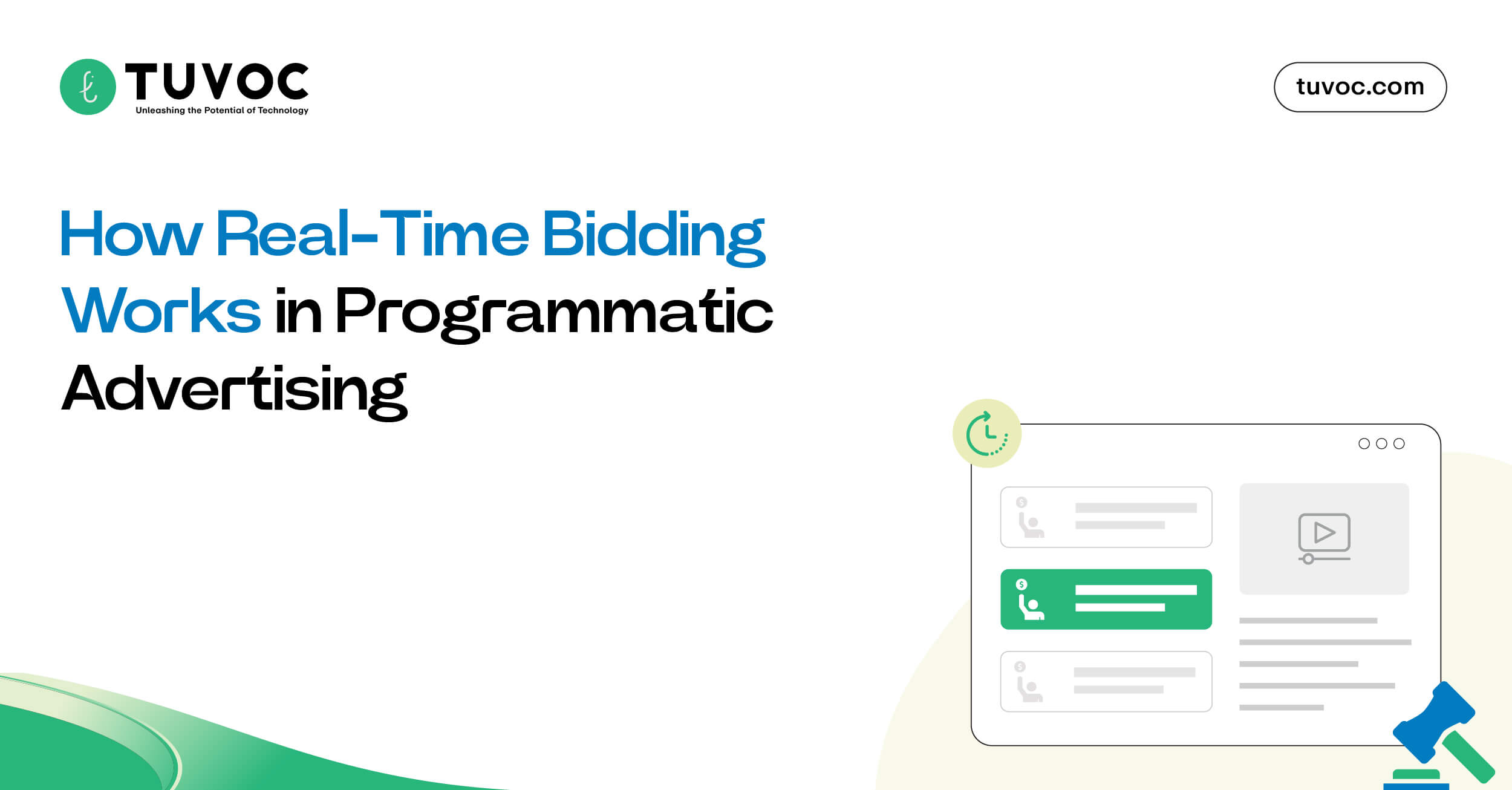Python has gained a lot of popularity among web developers because it is simple to learn and use, versatile, and has powerful libraries. If you’re keen on entering the web improvement field, Python is a fine decision.
With this beginner’s guide, we will outline why you ought to be involved in Python web development, present fundamental tools and frameworks, and explain how you can benefit from the expertise of a Python development company to begin your journey in web development.
Why Python in Web Development?
1. Easy to Learn:
Python has a clean and readable syntax, hence accessible to beginners. Its code is easy to write and comprehend; therefore, new developers can easily learn to program by concepts and start building their applications quickly.
2. Versatility:
Python is a very versatile language applied in various domains: web development, data science, artificial intelligence, and many more. This multiplicity lets a developer use their acquired skills in different types of projects.
3. Rich Ecosystem:
Apart from being simple, Python is also enriched with a lot of libraries and frameworks that make web development easier. Be it a simple website or a complex web application, the vast resources available for Python will help you accomplish your task efficiently.
4. Strong Community Support:
Python has a large and active community of developers who are contributing to its growth and supporting it. This community-driven approach offers several benefits, including continuous improvements, abundant learning resources, and helpful forums for troubleshooting.
Important Tools and Frameworks for Python Web Development
Choosing the right tools and frameworks is essential for building robust and efficient websites or web applications. Python’s rich ecosystem offers frameworks tailored to various project requirements and development styles. Whether you’re working on a simple app or a complex system, leveraging the appropriate framework can speed up development and improve maintainability. Many businesses seeking reliable Python Web Development services depend on these popular frameworks to deliver scalable, high-quality solutions.
1. Django:
It is a high-level Python Web framework that encourages rapid development and clean, pragmatic design. The key advantage of this framework is the existence of already available features, such as authentication, ORM, and an admin panel, making it rather perfect for developing complex web applications.
2. Flask:
Flask is a lightweight, micro-framework that is very simple and flexible. That makes it particularly appropriate for small to middle-sized applications where one would want to hand-pick tools and libraries. Flask can offer a core set of features with a minimum of structure imposed on you.
3. Pyramid:
A pyramid is a flexible framework that grows in size from small to large applications. It offers many freedoms to the developer in choosing the components, maintaining a balance between simplicity and extensibility.
4. FastAPI:
FastAPI is a modern, fast, web framework for building APIs with Python 3.7+ based on standard Python type hints. It’s known for having high performance, ease of use, and automatic generation of OpenAPI documentation.
Steps to Get Started with Python Web Development
If you are considering building web applications using Python, it’s important to understand the basic steps to get started. Whether you’re a Python developer learning the ropes or a business seeking support from a trusted Python Software Development Company to develop an application with limited coding knowledge, following a clear and organized development path will make the process easier. By learning Python fundamentals and deploying your first web app, these steps will provide a solid foundation for your journey into Python web development.
1. Learn Python Basics:
First, study the Python basics, including data types, control structures, functions, classes, and object-oriented programming. You can start here with many of the online resources, tutorials, and courses.
2. Set Up Your Development Environment:
Now, choose an appropriate development environment for Python. This could be PyCharm, Visual Studio Code, or Jupyter Notebook. Please ensure that you have already installed Python on your machine and set up a virtual environment against which all your projects are aligned.
3. Choose a Framework:
Choose a Web Development Framework Suited for Your Project Requirements: Not Sure? Use Flask if you want ease of use or Django for the full feature set. Either way, there are very comprehensive documents and guides to get you up and running in both of them.
4. Create Simple Web Applications:
Begin with some small project to exercise your knowledge. Develop a very simple web application for user input, processing data, and output. Hands-on involvement with this exercise will let you know the workflow and problems involved in developing a web-based application.
5. Use of Libraries and Extensions:
Explore some extra Python libraries and extensions that can help you drive your web development projects. For example, use SQLAlchemy to handle databases, Jinja2 for templating, and Requests for dealing with HTTP requests. They will make the development task easier.
6. Testing and Debugging Your Code:
Testing and debugging are very important aspects of web development. Implement test frameworks like pytest to make unit tests for your code. A debugging tool would help a lot in finding and solving problems in your application. The more frequent your testing, the more reliable and solid your web application will be.
7. Deploy Your Application:
Once your application is ready, deploy it to a web server. You can use Heroku, AWS, or DigitalOcean to host your application. Follow the deployment best practices to ensure it runs smoothly in a production environment. If you’re still refining your architecture or toolset, our guide on Python: The Top Frameworks & Best Practices can help you choose the right foundation before going live.
How to Design Your First App with Python
Designing your first web application with Python involves several steps, from setting up your development environment to deploying your app. Here’s a simple guide to get you started:
1. Set Up Your Environment:

2. Install Flask:

3. Create a Simple Flask App:

4. Run Your App:

This will start a web server, and you can see your application running by navigating to http://127.0.0.1:5000/ in your web browser.
Why Hire a Python Development Company?

Partnering with a Python development company or hiring dedicated Python developers in india would quickly get your web development projects up to speed, ensuring that quality is not
compromised. The following are the benefits associated with this move:
1. Expertise:
A professional company in Python development, such as Tuvoc Technologies, will have experienced developers in-depth with Python and related frameworks. They can offer valuable insight and suggest the best practices while delivering an efficient solution.
2. Custom Python Development Services:
The Python development companies provide services in custom development to suit your requirements. They would make it possible to build solutions that conform to your business goals, no matter what the requirements are; be it related to a simple website or a complex web application.
3. Time and Cost Efficiency:
You can save a lot of precious time and, at the same time, reduce the cost by outsourcing your development tasks to a dedicated Python development team. You will be able to focus on core business activities while the experts handle the technical aspects of your project.
4. Quality Assurance:
To make sure that your application is bug-free, secure, and performing well, professional development companies follow rigorous quality assurance processes. This can be made possible through thorough testing and debugging, hence providing reliable solutions.
5. Scalability:
Python development companies scale solutions in a way that grows with your business. Be it new features or increased user traffic, they are there to ensure that your application is still very strong and responsive.
6. Continuous Support:
A genuine development partner can provide ongoing support and maintenance services to help you address problems, implement updates, and keep things smooth after your application is deployed.
Final Words:
Python is one of the most powerful, multi-purpose languages, making web development easy and allowing developers to build dynamic, effective web applications. Partnering with a Python development company like Tuvoc Technologies gives you access to expert guidance and custom solutions tailored to your needs. Hire Python developers from us today to bring your web projects to life with precision and scalability.
Have an Idea? Let’s Shape It!
Kickstart your tech journey with a personalized development guide tailored to your goals.
Discover Your Tech Path →Share with your community!
Latest Articles

RTB vs Header Bidding | What Publishers Should Know
Key Takeaways Architecture: We look at the actual code difference between a waterfall setup and a header wrapper. Yield Impact:…

RTB Optimization Strategies for Better Yield & Targeting
Key Takeaways Auction Mechanics: We clarify how adjusting floor prices and timeouts directly impacts real-time bidding optimization results. Density Impact:…

How Real-Time Bidding Actually Works | The Complete RTB Process
Key Takeaways Auction Logic: One millisecond sees thousands of bids rushing for ad space. The whole loop finishes in under…


